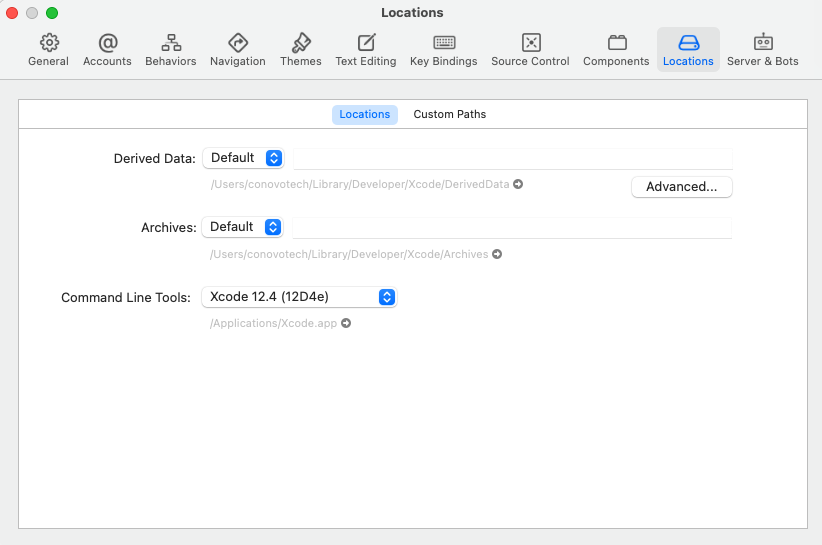My Rails is 3.2.1.4, Ruby is 1.9.3p448.
I got an error when I install ruby-debug:
Building native extensions. This could take a while...
ERROR: Error installing ruby-debug:
ERROR: Failed to build gem native extension.
/home/hxh/.rvm/rubies/ruby-1.9.3-p448/bin/ruby extconf.rb
Can't handle 1.9.x yet
*** extconf.rb failed ***
Could not create Makefile due to some reason, probably lack of
necessary libraries and/or headers. Check the mkmf.log file for more
details. You may need configuration options.
Provided configuration options:
--with-opt-dir
--without-opt-dir
--with-opt-include
--without-opt-include=${opt-dir}/include
--with-opt-lib
--without-opt-lib=${opt-dir}/lib
--with-make-prog
--without-make-prog
--srcdir=.
--curdir
--ruby=/home/hxh/.rvm/rubies/ruby-1.9.3-p448/bin/ruby
Gem files will remain installed in /home/hxh/.rvm/gems/ruby-1.9.3-p448/gems/linecache-0.46 for inspection.
Results logged to /home/hxh/.rvm/gems/ruby-1.9.3-p448/gems/linecache-0.46/ext/gem_make.out
Who can tell me where the error is?


brew install rubyfixed this for me. – Razzledazzle